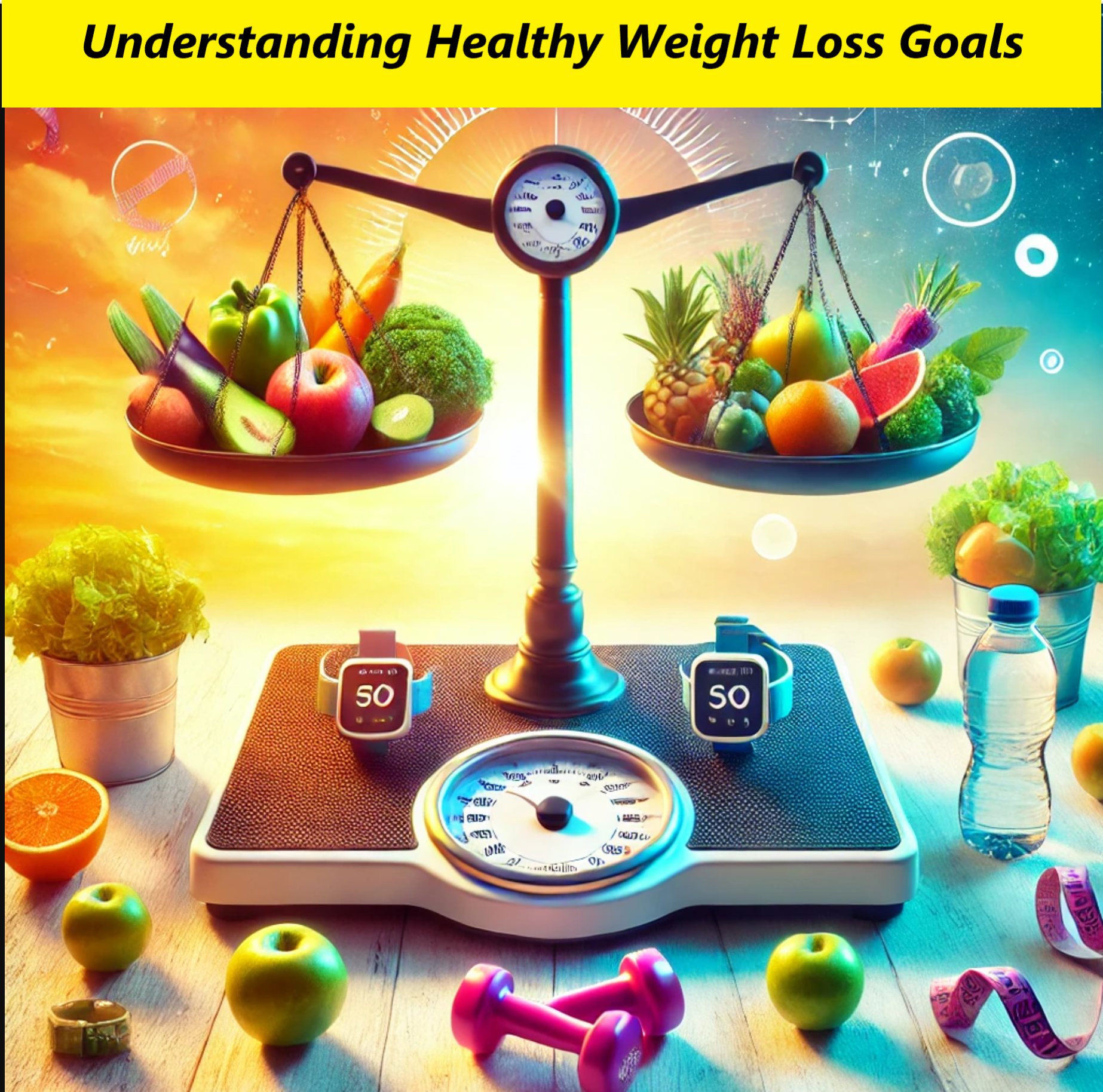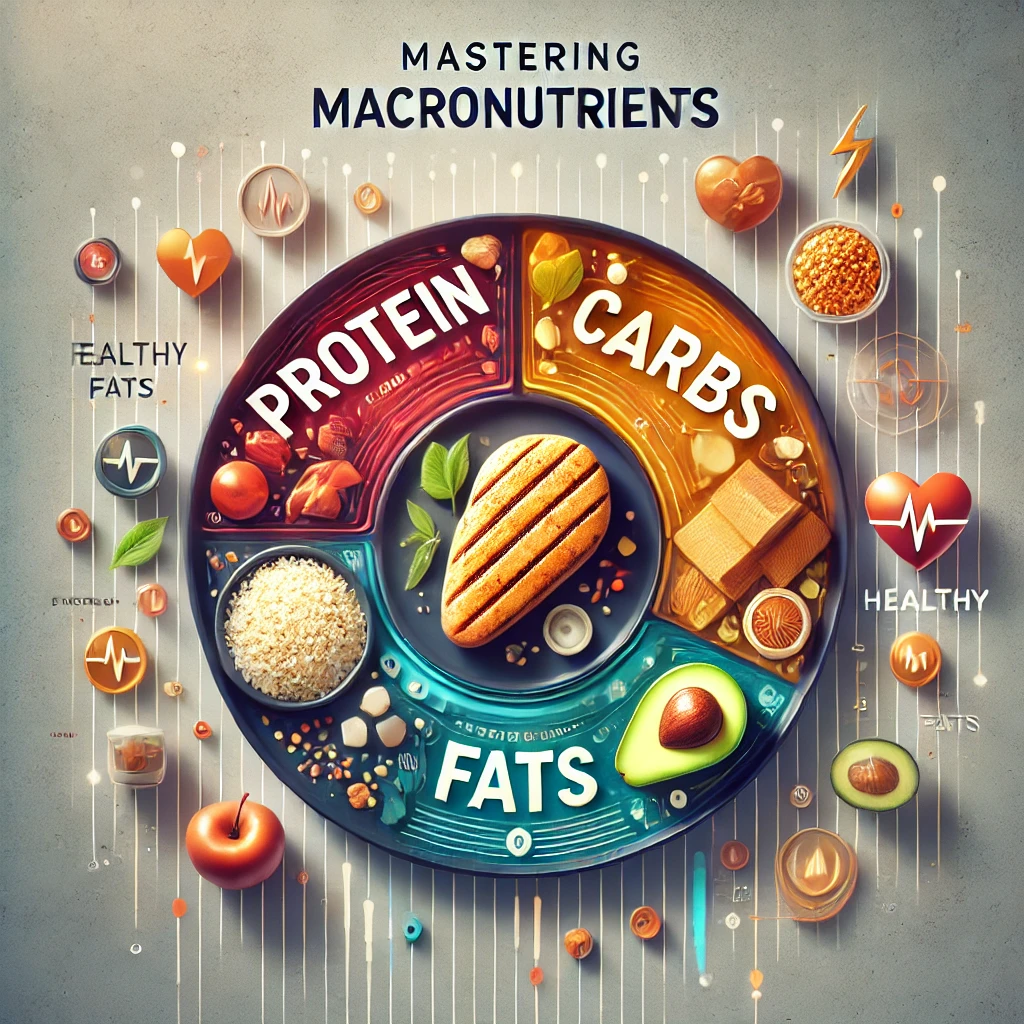Introduction
Have you ever wondered why so many people are ditching meat and embracing a plant-based diet? It’s not just a trend—it’s a movement toward better health, sustainability, and compassion. A plant-based diet focuses on foods primarily derived from plants, such as vegetables, fruits, grains, nuts, seeds, and legumes. While it doesn’t necessarily mean you have to go full vegan, reducing animal products has proven benefits for your body and the planet.
In this article, we’ll dive deep into the numerous advantages of a plant-based diet. From improved health to environmental sustainability, we’ll explore why this lifestyle is more than just a fad. By the end, you might be inspired to swap out a few meals for plant-based options.
Table of Contents
Nutritional Benefits of a Plant-Based Diet

Packed with Essential Nutrients
Plant-based foods are nutrient powerhouses. They’re rich in vitamins like C and E, minerals such as magnesium and potassium, and antioxidants that help fight free radicals in the body. Unlike processed foods, plants provide essential nutrients without added sugars or unhealthy fats.
For example, leafy greens like spinach and kale are loaded with iron and calcium, while legumes such as lentils and chickpeas are excellent sources of protein and fiber. This nutrient density makes plant-based eating a gold standard for balanced nutrition.
Promotes Healthy Weight Management
If you’re looking to shed a few pounds or maintain a healthy weight, a plant-based diet can be your best friend. Plant foods are generally lower in calories and higher in fiber, keeping you full without overeating. Studies have consistently shown that people on plant-based diets tend to have a lower body mass index (BMI) than those who consume meat.
Think about it: a plate of roasted vegetables and quinoa is more satisfying and less calorie-dense than a greasy burger. Plus, fiber-rich foods stabilize blood sugar levels, reducing cravings and unnecessary snacking.
Boosts Digestive Health
Gut health is the foundation of overall wellness, and a plant-based diet is an excellent way to support it. High-fiber foods like oats, beans, and fruits promote regular bowel movements and prevent constipation. Beyond that, the diversity of plant-based foods encourages the growth of beneficial gut bacteria, which play a role in immunity and even mental health.
Research suggests that people who eat more plants have a richer gut microbiome—a key marker of good health. So, if you’ve ever dealt with bloating or digestive discomfort, the solution might lie in your plate.
Physical Health Benefits

Reduces Risk of Chronic Diseases
Heart disease and diabetes are two of the biggest killers worldwide, and both are linked to diet. A plant-based diet is naturally low in saturated fats and high in fiber, which can help lower cholesterol and blood pressure. According to studies, those who eat more plants are at a lower risk of developing cardiovascular diseases.
Diabetes management also becomes easier with plant-based eating. Whole grains, fruits, and vegetables have a low glycemic index, preventing blood sugar spikes and helping manage insulin sensitivity.
Enhances Longevity
Did you know that the world’s longest-living populations often follow plant-based diets? From Okinawa in Japan to Sardinia in Italy, people in these “Blue Zones” thrive on legumes, vegetables, and whole grains. Their diets are packed with anti-inflammatory compounds that protect against age-related diseases.
Simply put, the more plants you eat, the more years you add to your life. It’s not just about living longer but living healthier.
Strengthens Immune Function
Your immune system loves plants! Foods like berries, spinach, and nuts are loaded with antioxidants, vitamins, and minerals that keep your defenses strong. These nutrients help your body fight off infections and recover faster from illnesses.
For example, vitamin C from citrus fruits boosts collagen production and wound healing, while zinc in seeds aids immune response. A plant-based diet ensures your body has all the tools it needs to stay resilient.
Environmental Benefits
Lower Carbon Footprint
Switching to a plant-based diet is one of the most impactful ways to reduce your carbon footprint. Meat production, especially beef and lamb, is responsible for significant greenhouse gas emissions due to methane released from livestock. By contrast, growing plants like grains and vegetables generates a fraction of those emissions.
Research suggests that a plant-based diet can cut greenhouse gas emissions by up to 50%. Imagine the positive environmental impact if even half the population adopted this lifestyle. It’s a simple yet powerful way to combat climate change.
Conservation of Natural Resources
Animal agriculture is one of the biggest consumers of freshwater. For example, producing a pound of beef can take over 1,800 gallons of water, while growing the same amount of lentils requires just a fraction of that. By choosing plant-based foods, you’re conserving water—a precious resource becoming increasingly scarce in many parts of the world.
Deforestation is another major issue tied to meat production. Vast tracts of forests are cleared for grazing or to grow animal feed, leading to habitat loss and reduced biodiversity. Transitioning to plant-based eating helps protect these natural ecosystems.
Reducing Waste and Pollution
The production and processing of meat generate significant waste, including manure, which can pollute water sources and harm local ecosystems. On the other hand, plant-based agriculture produces less waste and is easier to manage sustainably.
Fewer pesticides and fertilizers are required for plant crops compared to growing feed for livestock. This means less chemical runoff into rivers and oceans, preserving aquatic ecosystems and biodiversity.
Ethical and Social Benefits
Compassion Towards Animals
One of the most compelling reasons to adopt a plant-based diet is to reduce harm to animals. Industrial farming practices often subject animals to cramped, inhumane conditions. By choosing plant-based options, you’re directly decreasing the demand for factory farming.
Moreover, many sustainable farming initiatives focus on ethical practices, emphasizing care for the environment and animals alike. Supporting these initiatives aligns your diet with values of compassion and sustainability.
Economic Benefits
Think eating healthy has to break the bank? Think again. Plant-based diets can be incredibly budget-friendly. Staples like rice, beans, lentils, and seasonal vegetables are some of the most affordable items at the grocery store. In contrast, meat and dairy products tend to be pricier.
Not only do you save on groceries, but you may also cut down on healthcare costs in the long run. A plant-based diet can lower the risk of chronic diseases, reducing the need for expensive treatments and medications.

Fostering Community and Awareness
Plant-based eating is not just about food—it’s about community. From local farmers’ markets to global vegan festivals, there are countless opportunities to connect with like-minded individuals. Joining plant-based movements or online groups can provide support, ideas, and encouragement.
Additionally, eating plant-based raises awareness about global food security. Producing plant-based foods uses fewer resources, making it a more efficient way to feed a growing population.
Practical Tips for Transitioning to a Plant-Based Diet
Start Small
Transitioning to a plant-based diet doesn’t have to be overwhelming. Start with small changes like “Meatless Mondays” or swapping out one meal a day with a plant-based alternative. Try a hearty lentil soup instead of chicken or a veggie burger in place of beef. These small steps make the shift feel manageable and sustainable.
You can also experiment with plant-based versions of your favorite dishes. Love tacos? Try them with black beans or grilled vegetables instead of meat. Gradually, you’ll find yourself enjoying these swaps and wanting more.

Find Support and Resources
You’re not in this alone. There’s a wealth of resources available to help you transition. From cookbooks packed with delicious plant-based recipes to apps that track your nutrient intake, these tools make it easier than ever to embrace a plant-based lifestyle.
Online communities and social media groups are another fantastic resource. They offer recipe ideas, tips for eating out, and a place to share your progress. Surrounding yourself with supportive individuals can make all the difference.
Overcoming Challenges
Worried about protein? Don’t be! Legumes, tofu, tempeh, and quinoa are all excellent sources of plant-based protein. By including a variety of these foods, you’ll easily meet your protein needs.
Dining out can be another challenge, but many restaurants now offer plant-based options. Don’t hesitate to ask for modifications to fit your diet. Over time, you’ll learn how to navigate social situations without feeling out of place.
Conclusion
Switching to a plant-based diet is a win-win—for you, the environment, and the world around you. From improved health and a stronger immune system to reduced environmental impact and ethical benefits, the advantages are undeniable. Whether you go fully plant-based or simply reduce your intake of animal products, every step counts.
Why not give it a try? Start small, explore new recipes, and see how it makes you feel. You might just discover a healthier, happier you along the way.
Frequently Asked Questions
1. What is a plant-based diet?
A plant-based diet focuses on consuming foods derived primarily from plants, such as vegetables, fruits, grains, nuts, and legumes. It doesn’t necessarily mean going vegan but reducing or eliminating animal products.
2. Is it suitable for athletes?
Absolutely! Many athletes thrive on plant-based diets. They provide essential nutrients, improve recovery time, and offer sufficient protein through foods like tofu, lentils, and nuts.
3. Can it help with specific health conditions?
Yes, a plant-based diet has been shown to lower the risk of chronic diseases like heart disease, diabetes, and certain cancers. It also aids in weight management and improves overall health.
4. How does it affect the environment?
Plant-based eating significantly reduces greenhouse gas emissions, conserves water, and minimizes deforestation compared to meat production. It’s a more sustainable way to eat.
5. Are there any drawbacks?
The main challenge is ensuring balanced nutrition, especially for nutrients like vitamin B12 and iron. However, these can be managed with fortified foods or supplements.









